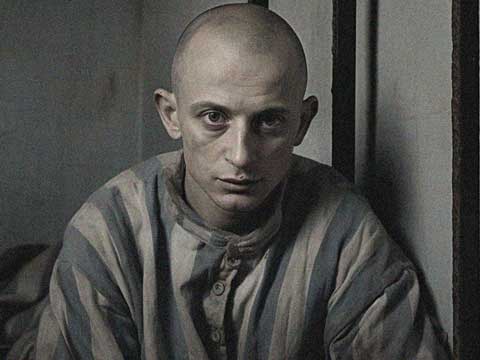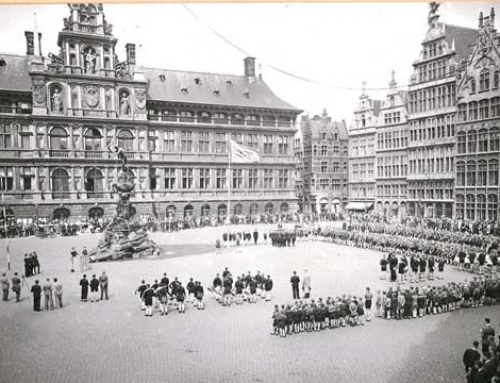In this installment of our series on Elie Wiesel’s “Night,” we delve into the spiritual and moral questions the book raises. Wiesel’s struggle with faith and God in the face of suffering, and the impact of the Holocaust on personal and collective identity, resonate with themes that are still relevant today.
Did you miss the first 3 articles on this subject? Read them here: first article, second one and third one.
Wiesel’s battle with faith and god
In “Night,” readers are confronted with Wiesel’s intense inner battle with his faith. Faced with unimaginable atrocities, he grapples with how a loving god could allow such suffering. This struggle is a central theme of the book, offering deep insights into the complex relationship between faith and suffering. Wiesel’s experiences shed light on the challenges many face when their belief systems are confronted with the harsh realities of the world.
The impact of the Holocaust on personal and collective identity
The Holocaust was not just a destruction of lives, but also of identities. Wiesel’s narrative illustrates how the systematic annihilation of a people also brought about a profound crisis of personal and collective identity. This aspect of the Holocaust raises questions about the foundations of identity and community, and how these can be preserved or rebuilt after a tragedy of such magnitude.
Modern implications: how trauma can affect faith and identity
The experiences described in “Night” are not just historically significant; they also offer insights into how trauma can affect faith and identity in our times. In a world where conflicts and tragedies are still common, understanding how such events can alter individuals’ spiritual and identity perceptions is essential.
Encouraging dialogue on maintaining belief and hope in difficult times
This part of our series invites readers to reflect on maintaining faith and hope in challenging times. How can we, in the face of personal or collective tragedies, maintain or rediscover our spiritual beliefs and identity? It’s an invitation to dialogue on these profound questions, aiming to promote understanding and tolerance in our communities.
Each post in this series is designed not only to provide factual information but also to encourage reflection and discussion among readers. The goal is to make the Holocaust, as depicted in “Night,” a relevant and comprehensible topic for those unfamiliar with it, emphasizing its importance in today’s world.






